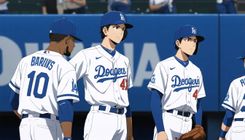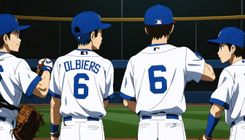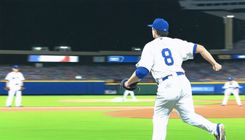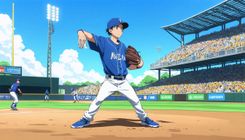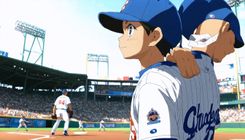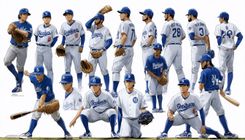Major League Baseball Trade Deadline: Analyzing Winners and Losers
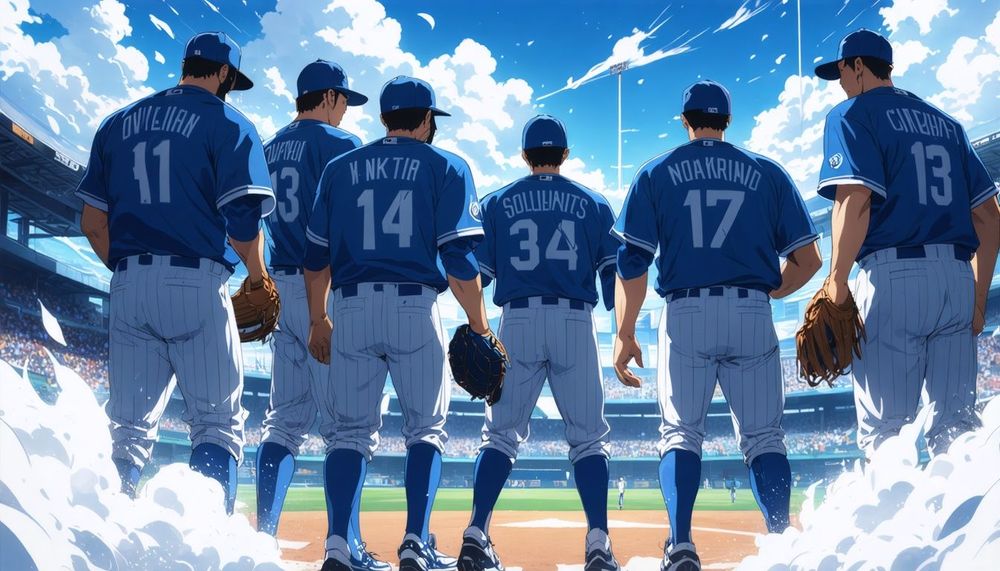
The trade deadline in Major League Baseball consistently proves to be a moment of significant activity, with major deals being made right up to the closing buzzer. As the deadline approached, initial expectations suggested this year might be more subdued compared to previous years. However, key players like Carlos Correa, Mason Miller, and Eugenio Suárez were central to a series of impactful trades that reshaped several teams' trajectories across the league.
Among the notable transactions was the acquisition of RHP Mason Miller, one of the most electrifying pitchers in baseball. Known for consistently throwing over 103 MPH with his four-seam fastball and possessing a devastating slider, Miller has had notable success early in his career, striking out an impressive amount of batters through his first few outings. The Athletics, recognizing Miller's immense potential and the fact that he is under team control through 2029, received a remarkable package from the San Diego Padres, who were eager to bolster their rotation amidst concerns about impending free agency issues. The trade saw the Padres relinquish top prospect SS Leo De Vries along with other promising talents, including RHP Braden Nett, RHP Henry Baez, and RHP Eduarniel Núñez, underscoring the value both teams placed on their future strategies, making this deal appear mutually beneficial.
In contrast, the Minnesota Twins faced setbacks due to injuries, particularly with Pablo López's shoulder injury affecting their performance significantly. Following this injury, the Twins' record took a downward turn, leading them to consider trading key players like SS Carlos Correa and RHP Jhoan Durán. While Byron Buxton's assurances about staying in Minnesota hinted at an unwillingness to engage in a full-blown fire sale, the team ultimately moved several players, including Correa's significant contract back to Houston. This strategic decision was designed to embrace a rebuilding phase, though it left Twins fans with a roster significantly altered from earlier in the season.
The New York Mets, known for their tumultuous bullpen situation, seized the opportunity to improve their relief corps by acquiring several rental arms before the deadline. Despite the stellar performance of Edwin Díaz, the Mets recognized the need to reinforce their bullpen and successfully added RHP Ryan Helsley, RHP Tyler Rogers, and LHP Gregory Soto from various teams. This move reshaped the Mets' approach as they aimed to compete for a playoff spot, though it came at the cost of future prospect depth, stirring evaluations concerning the long-term implications of their trades.
The St. Louis Cardinals approached the deadline amid a narrative of 'building for the future,' yet their actions suggested an inability to capitalize on their position. They faced challenges moving players with no-trade clauses, hindering their ability to engage in a fire sale. The returns they received for their trades were less impactful than anticipated, showcasing a missed opportunity to construct a foundation for the upcoming seasons.
Similarly, the Chicago Cubs and Chicago White Sox experienced divergent paths in their trade strategies. While the Cubs made modest additions in improving their bullpen, they did not make transformative moves to address starting rotation concerns. The White Sox, on the other hand, held onto key players despite being positioned for a rebuild, reflecting a sense of indecision that has characterized the team for parts of the past couple of seasons.
In another key move, the Toronto Blue Jays added RHP Shane Bieber to their pitching rotation, taking advantage of Cleveland's willingness to part with the talented pitcher. Given his previous success, including winning the AL Cy Young, Bieber's addition to an already formidable rotation could enhance the Blue Jays' postseason aspirations. The Blue Jays did not sacrifice much from their farm system to make this deal, indicating a strategic acquisition during this year's trade climate.
The Cincinnati Reds made a surprising decision to acquire Pirates 3B Ke'Bryan Hayes instead of pursuing more established power hitters like Eugenio Suárez. While Hayes is noted for his elite defensive skills, his offensive contributions have been modest, raising concerns about whether he was the right fit for the Reds' needs at third base. Meanwhile, the Seattle Mariners strengthened their lineup by reacquiring Suárez, who has had a breakout season, showcasing the team's aggressive approach as they look to remain competitive in a challenging division.
As the trade deadline wrapped up, teams like the Texas Rangers and Houston Astros engaged in exciting transactions, setting the stage for a thrilling race in the American League West. The Rangers’ strategic acquisitions contrasted with the Los Angeles Dodgers, who remained relatively inactive despite the growing competition in the division. The final weeks of the regular season promise to be charged with anticipation as the playoff race tightens, leaving fans excited about the potential outcomes of these high-stakes transactions.
